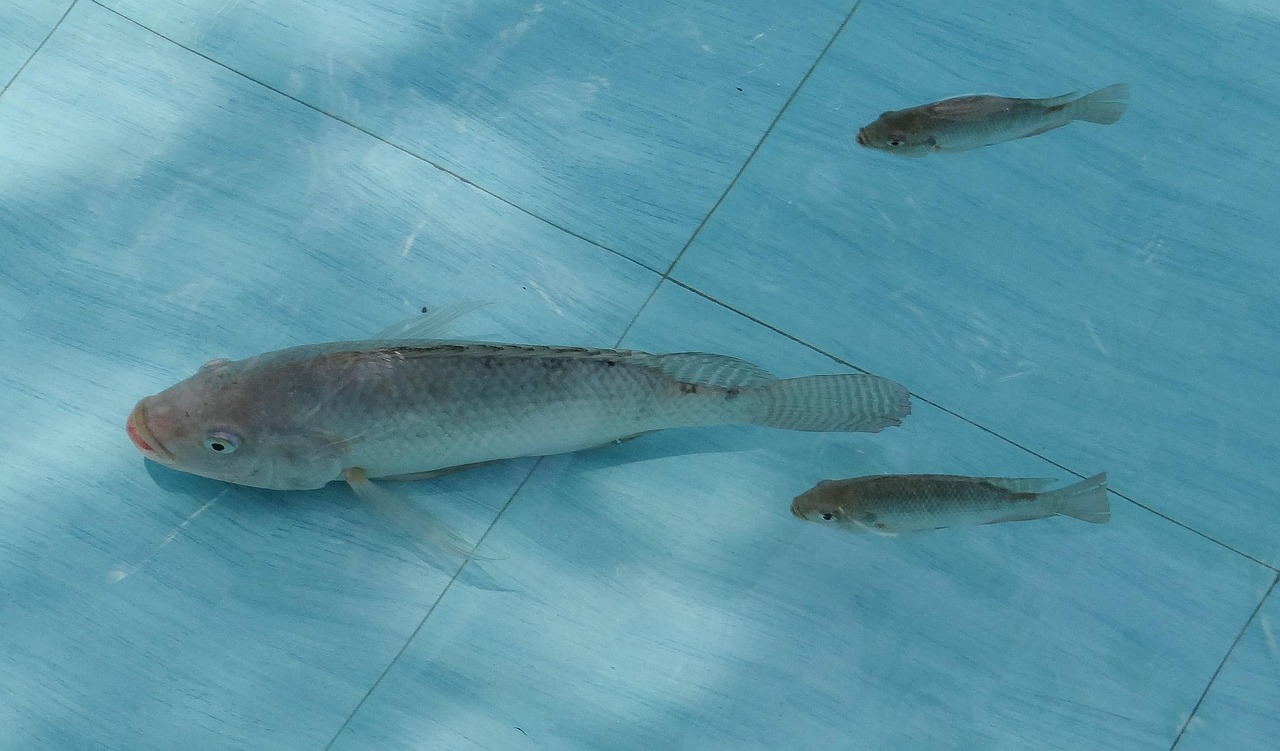Our Tilapia

Debunking the Tilapia Myths: A Fishy Truth
Tilapia has often been unfairly maligned as a bottom-feeding, nutritionally poor fish, or a fake fish created in a lab. It's time to set the record straight.
Myth 1: Tilapia is a Bottom Feeder
While it's true that tilapia can feed on organic matter at the bottom of water bodies, this doesn't make them "bottom feeders" in the negative sense. Tilapia don't eat poop. Many fish, including popular choices like catfish, also feed on the bottom. In fact, tilapia are omnivores, meaning they have a diverse diet that includes algae, plankton, and insects. Our tilapia are fed a diet of diet rich in spirulina, aquatic plants such as duckweed, and longevity spinach.
Myth 2: Tilapia is Nutritionally Poor
This is another common misconception. Tilapia is a lean protein source, low in saturated fat and high in omega-3 fatty acids, which are essential for heart health. It's also a good source of vitamins and minerals, including vitamin B12, selenium, and phosphorus.
Myth 2: Tilapia is a fake fish
Many people today encounter tilapia in grocery stores and restaurants, sometimes leading to misconceptions about its origins. It's important to understand that tilapia is a real fish, not a lab-created or "fake" food. In fact, various species of tilapia have existed for thousands of years and are native to Africa and the Levant region, which includes the area of the Sea of Galilee. Historical records, including ancient Egyptian depictions, confirm their long-standing presence.
The Truth About Tilapia
When raised in clean, controlled environments, tilapia can be a healthy and sustainable choice. By selecting tilapia from reputable sources, you can enjoy a delicious and nutritious meal.
Interestingly, tilapia is often considered by scholars to be the very fish that Jesus used to feed the multitude in the biblical account (Matthew 14:13-21 and Mark 6:30-44). Its historical abundance in the Sea of Galilee, coupled with its common presence in the region during that time, makes it a plausible candidate. In some traditions, tilapia is even referred to as "St. Peter's Fish," further linking it to biblical narratives. Therefore, when you consume tilapia, you are partaking in a fish with a rich history, deeply connected to the natural world and even ancient biblical events, far removed from being an artificial creation.
So, next time you're considering your seafood options, don't let these myths deter you from enjoying the many benefits of tilapia.